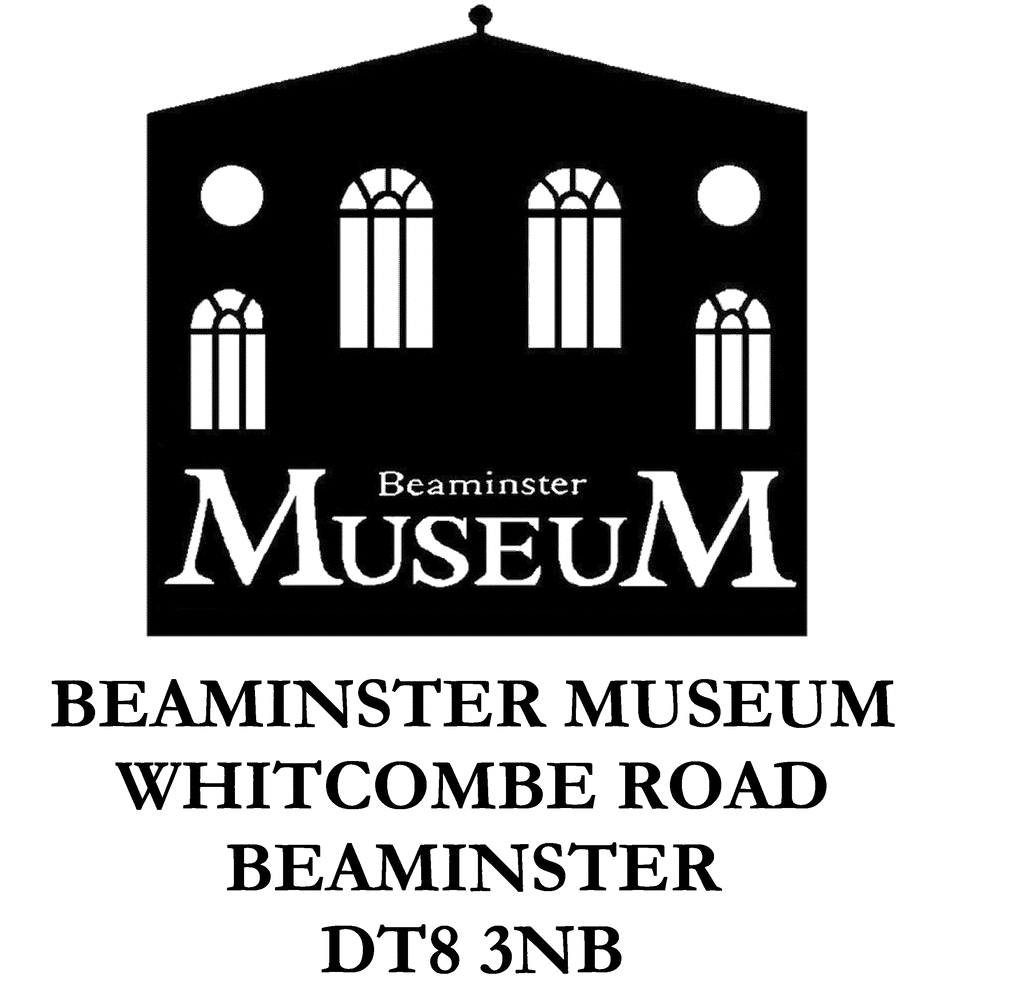Work now ongoing to be ready for our summer exhibition and revamping Geology and Pre-History displays.
April 2026
Good Friday April 3, 10.30am: Start of 2026 visitor season
We always welcome new volunteers, whatever you feel you can contribute to the Museum, to help with displays, welcome visitors, or join the committee or trustees. Contact us through info@beaminstermuseum.co.uk or come along between 10 and 12 on a Friday morning.
Royal Society Award for a 3D Scanner
The Museum has been awarded a grant from the Royal Society to purchase a 3D Scanner.
The initial focus will be on the Roman Fort of Waddon Hill, the material from which is scattered between Dorchester, Bridport and Beaminster, and on the local National Nature Reserve fossils, from Horn Park Quarry. See 3D Pilot Demonstration
We have revamped a number of our existing exhibits, on local agriculture, refreshed how conflict has shaped our area over the years, evolved our stories on paleontology and early man, and added a section on famous individuals with links to Beaminster.
Volunteering
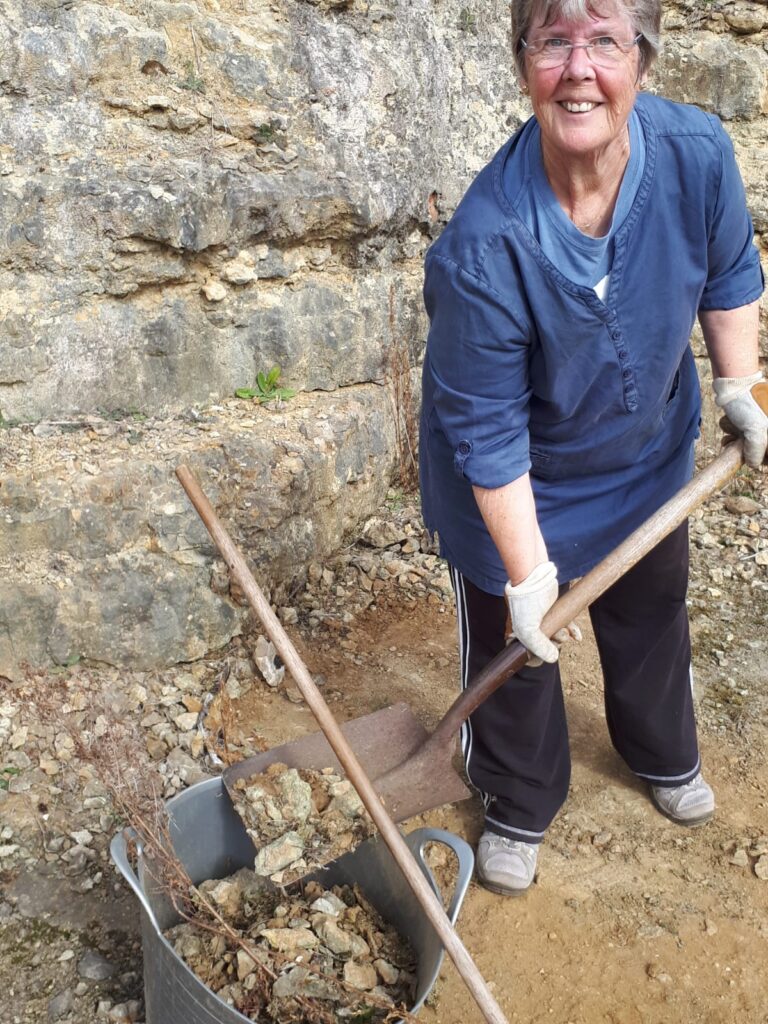
Being entirely volunteer run, we are always interested to chat with prospective volunteers. A wide range of opportunities are available to fit in with your interests and time availability. Our curator would be very happy to have an initial chat with you about volunteer opportunities. He can be contacted at info@beaminstermuseum.co.uk We’d love to hear from you.
Most of our volunteering jobs don’t involve hard labour ! (Maintenance work at the Horn Park Quarry NNR shown.)
Extending Beaminster Museum into the community
Thanks to a National Lottery grant of £99,000 enabling us to build a two-storey rear extension, we now have new, much needed space to welcome visiting groups of all ages, to expand our displays and to be an even better focus of local heritage within our community. Thanks to National Lottery players.

Come and Visit the Museum for Rural West Dorset!
Visit us in our expanded premises! Covering Beaminster and the parishes of Broadwindsor, Burstock, Chedington, Corscombe, Halstock, Hooke, Mapperton, Mosterton, Netherbury, Seaborough, South Perrott, Stoke Abbott and Thorncombe.
Beaminster Museum reflects and interprets the rich social history of this rural West Dorset market town and the surrounding villages.
‘Delightful. One of the best small museums I have seen.’
We have been awarded the Queen’s Award for Voluntary Service.
The town and its surroundings
From the Middle Ages Beaminster has been a market town in an agricultural environment. Sheep farming once predominated, but dairy farming is now more important. A thriving flax industry provided work for all ages in the 18th and 19th centuries. Much of the flax was spun and woven into sailcloth, and this area was the main supplier for the British Navy. There were two clockmakers in the town for much of the 18th and 19th centuries.
Communication has always been a challenge. The surrounding countryside is hilly, so the canals and railways never came. One remarkable feat of pre-Victorian civil engineering was Horn Hill Tunnel, still busy today. But a combination of transport difficulties, competition from cotton sails and steamships, and a series of agricultural depressions led to a decline in the importance of the local area.

Some examples of our displays :
Ancient times
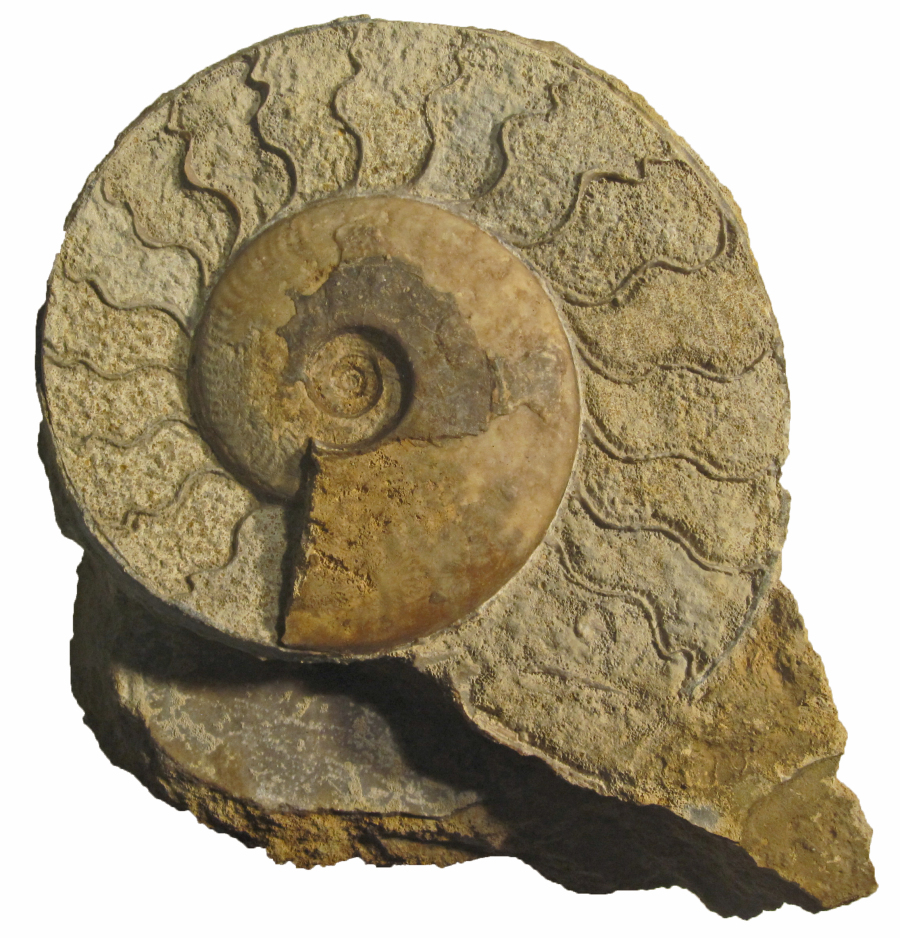
Our impressive fossil collection is backed by geological and palaeontological information describing the significance of Horn Park Quarry, which can be visited by prior arrangement through the Museum.
Volunteers spring cleaning the Quarry in September 2021.
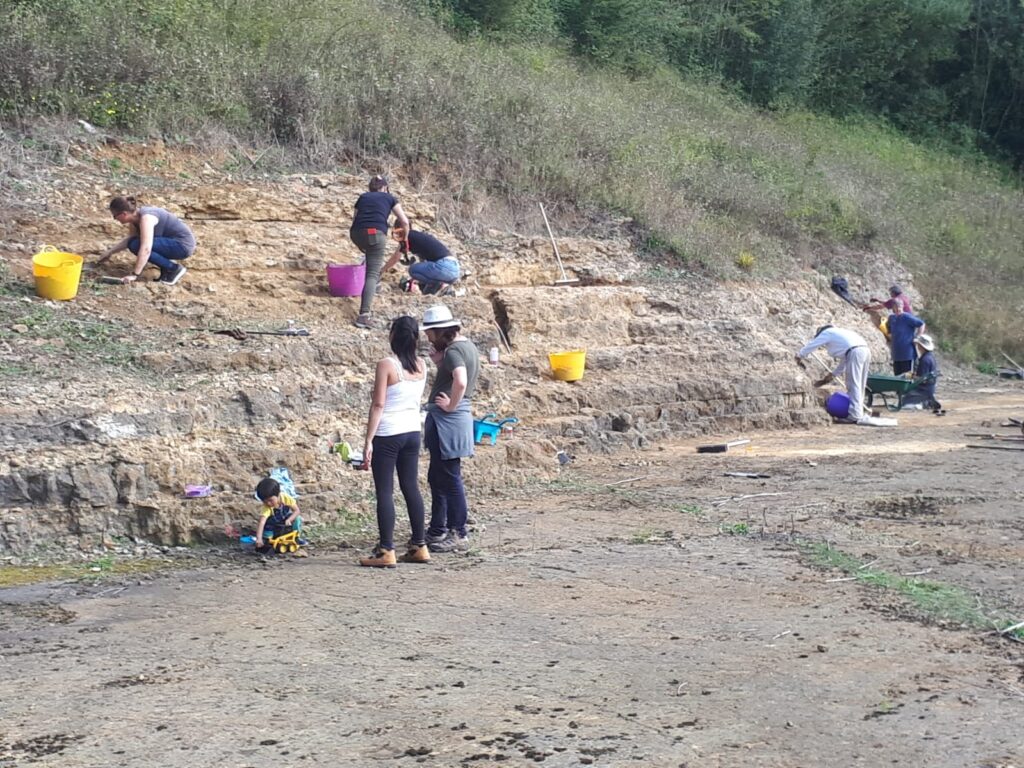
( Shown on the left is a prepared specimen of Brasilia Gigantea from the Middle Jurassic Aalenian Aa11 Zone at Horn Park Quarry.)
We also have a range of Stone-Age hand axes, including pre-Neanderthal specimens over 250,000 years old which were found locally. There are also displays of local Bronze Age and Iron Age finds, alongside exhibits from a nearby Roman villa in Halstock and Waddon Hill Roman Fort.
Agriculture
Our Agriculture Corner features a cobwebby, rodent-infested barn with farm implements of bygone days. There are exhibits and artefacts from the worlds of sheep, milk and arable.
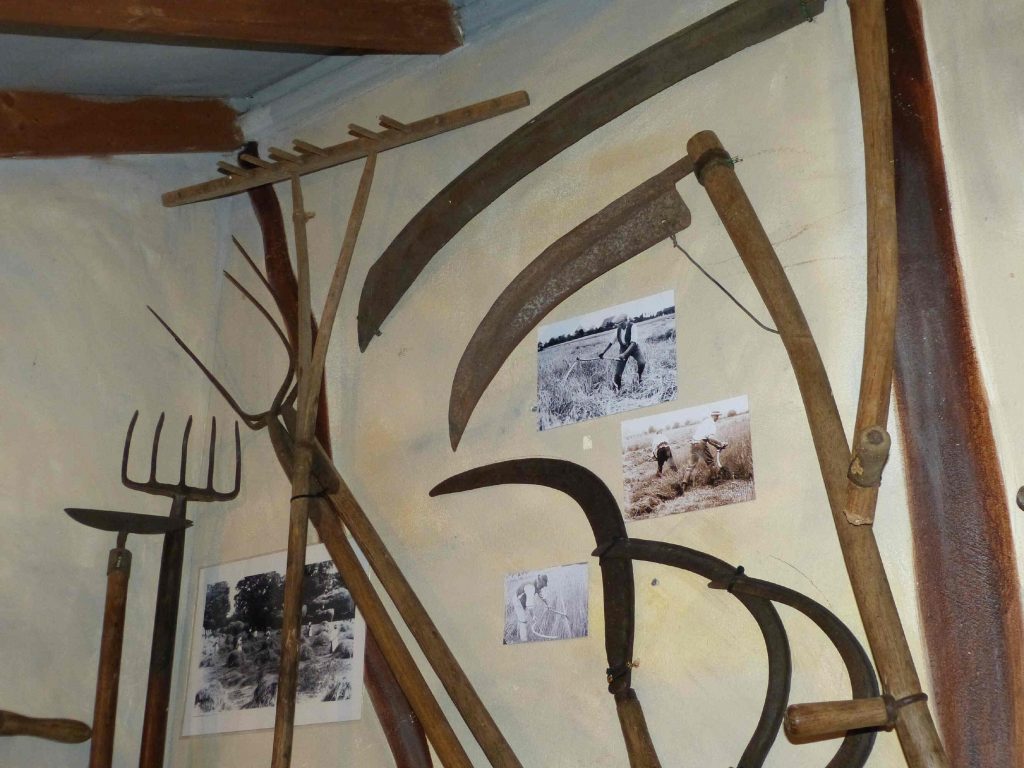
Flax and sailcloth
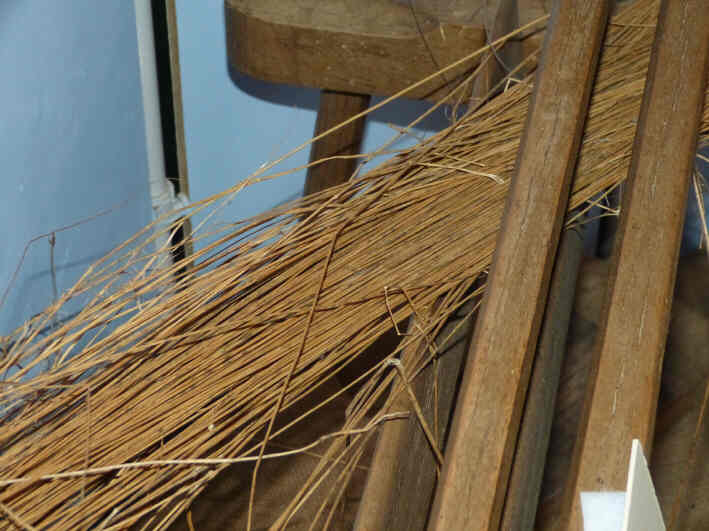
Our exhibition is the result of a special study, giving a unique insight into the local industry, from the growing of the crop to the weaving of linen to produce canvas, nets, smocks and sailcloth.
Shop
Our shop is full of things associated with our area. It is ideal for finding gifts with a local flavour, including books written by our own volunteers. Many of these items are exclusive to the museum.
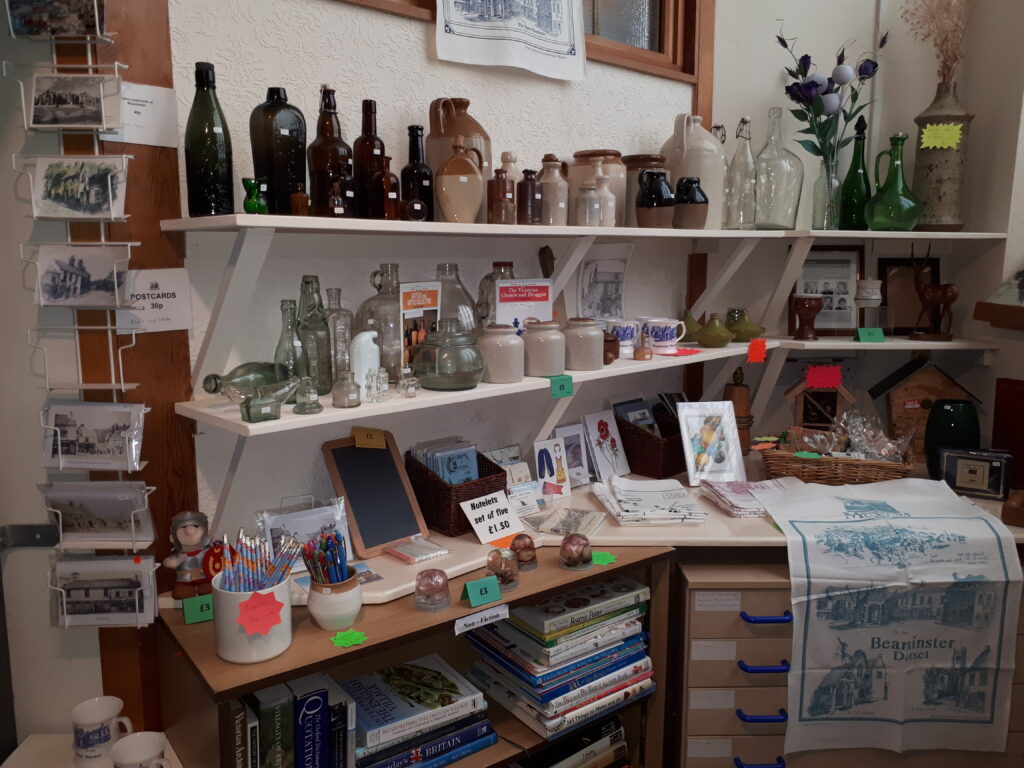
The building
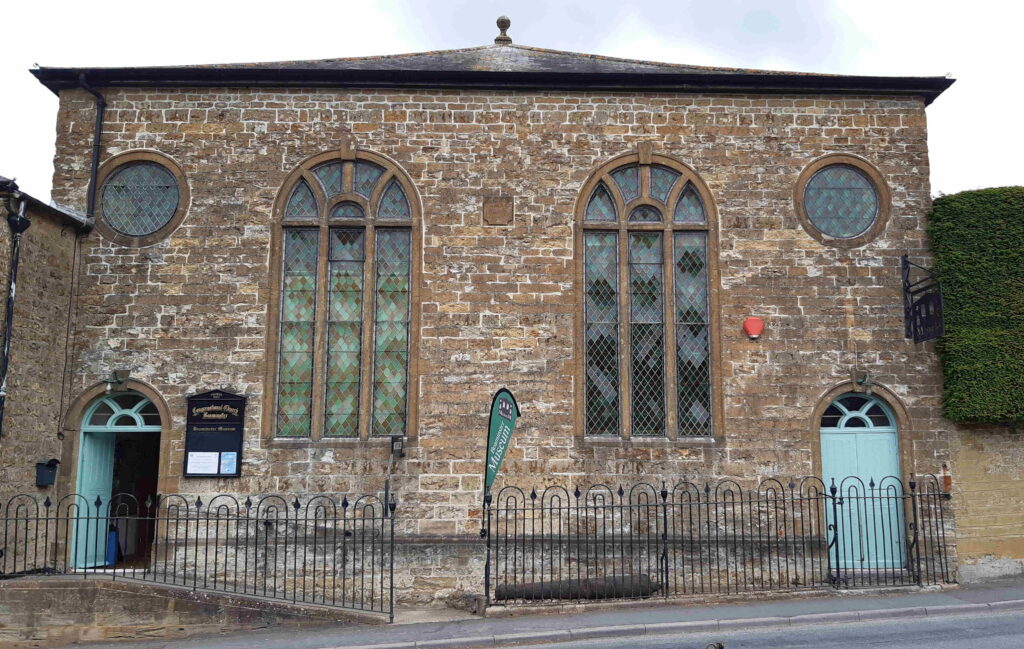
The museum was formerly a Congregational chapel. Converted in 1990, it demonstrates how a ‘listed’ building can be modified to meet present-day needs. The building is a fine example of a non-conformist chapel which, in its time, played an important role in the town, supported by many individuals involved in manufacture and commerce. It was extended at the rear in 2020. The chapel’s 19th century chamber organ has been fully restored and is still played regularly. The 200 year old leaded windows are though in need of re-leading for which we need to raise £35,000.
Research and Family History
We have an enthusiastic, skilled research team and an extensive local reference section containing files on Beaminster and all our other parishes. Many of your questions might find answers here.
We are also happy to help out with family history mysteries while adding our own experience and local knowledge to standard resource tools.
To contact our Research team, see Research
To contact our family history team, E Mail familyhistory@beaminstermuseum.co.uk
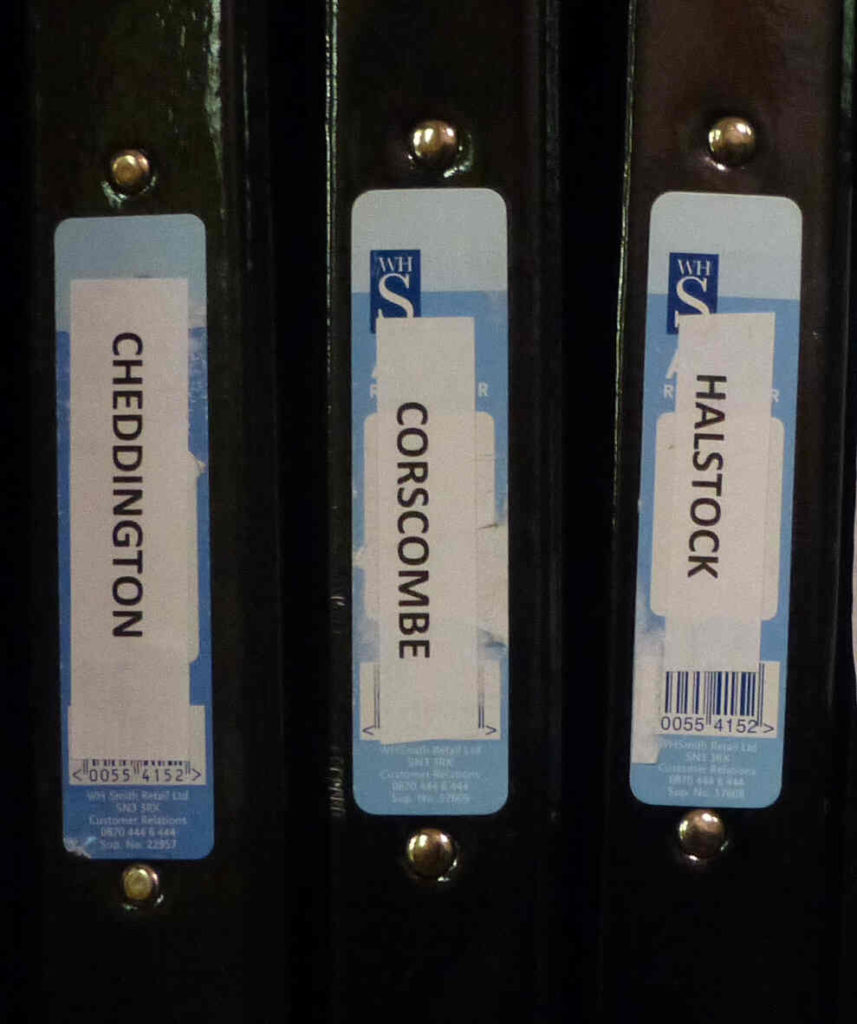
Privacy Policy
No personally identifiable information is gathered by this website unless you send us an email direct from the site or comment on a page. For emails, only the information needed to process the email and forward it to the Museum’s recipient is collected. We never share your details with any third party unless you give us express permission in writing.
